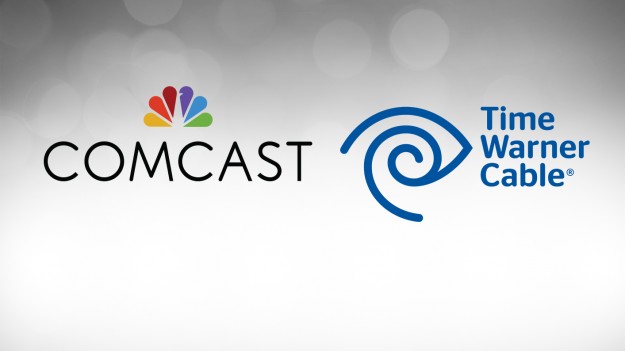The proposed Comcast-Time Warner Cable merger seems to be about as popular as a Godzilla-Mothra merger among consumers, especially since we learned earlier this week from the American Customer Satisfaction Index that Comcast and TWC are now the two most hated companies in the United States. Comcast seems to know that it can’t convince consumers that the merger is a good idea, which is why it’s instead conducting an all-out blitz to convince America’s lawmakers and regulators to jam through the merger with as little resistance as possible.
The Hill now reports that Comcast is “waging a campaign of shock and awe for its proposed merger with Time Warner Cable by fielding one of the biggest lobbying teams ever seen in Washington,” as the cable giant “has added seven lobbying firms to its roster since first proposing the deal earlier this year, and it is adopting a posture of overwhelming force to try to win approval from federal regulators.”
How big is this push? Consider that even before it launched its latest campaign, Comcast already employed 33 different lobbying firms to push lawmakers and regulators to do its bidding. With the latest additions to its roster, Comcast now employs an army of 40 different lobbying firms that are all relentlessly hounding everyone in Washington to sign off on the TWC merger with no questions asked.
So if you don’t want the government to let the Comcast-TWC merger go through but the government does it anyway, remember that this is why: Comcast is paying through the nose to ensure that your opinion doesn’t matter.






